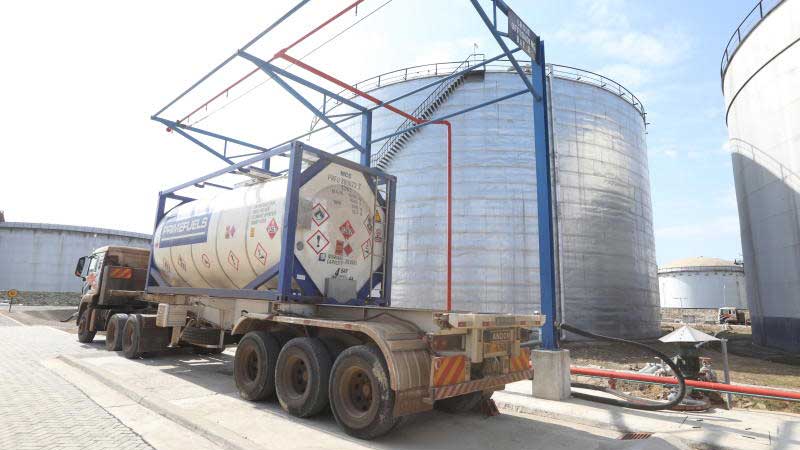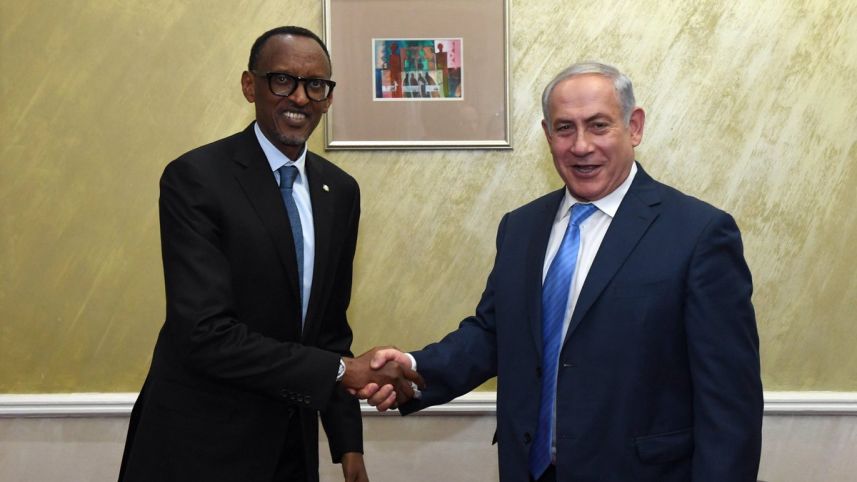When it comes to coffee-producing countries in Africa, Uganda is not the one to come to mind – in fact, it is probably not second, third or even fourth – but the ‘Pearl of Africa’ is working to change that.
Uganda is focusing on doubling its total exports from USD $6.629 billion to USD $12 billion by 2027. Within coffee, Uganda current exports are around $627 million annually, with the goal in five years being $1.5 billion — a 28% increase. The Presidential Advisory Committee on Exports and Industrial Development (PACEID), which advises President Yoweri Museveni on ways to improve and increase Uganda’s export potential in a variety of sectors, has identified coffee as a top target for growth. While Uganda is looking to grow its overall coffee industry, it is primarily focusing on specialty coffee.
The goal is ambitious and the impediments to growth in most sectors are vast: overcoming long-held stereotypes, perceived low quality because of low standard inputs (seeds, pesticides, chemicals, etc.), lack of investment, no economies of scale, minimal understanding and sharing of information relating to regulations, and weak cooperatives, to name just a few. Within coffee, one of the biggest challenges –aside from the average age of a coffee farmer being 63 – is changing the mindset of the producers who view coffee as just a cash crop (most producers don’t even sample their own coffee), and the coffee industry, which views Ugandan coffee overall as low quality — but the potential is there.
“Ugandan coffee has a reputation for being ‘fast fading’ because of how quickly it degrades due to not being properly,” said Nico Herr, COO of Mountain Harvest Coffee, which has one of the few temperature-controlled warehouses in the country. Mountain Harvest is an exporter, producer and provides farmer services.
The government has extension programs but it is overwhelmed so individual companies provide these services. Companies like Mountain Harvest, Endiro Coffee and Masha Coffee, with the support of the Uganda Coffee Development Authority (UCDA), are teaching Ugandans – both young and old – on all facets of the coffee industry: from proper farming techniques to elevate quality (fertilizing, pruning, stumping, irrigation, using organic pesticides/weedicides) and improved processing and storage methods, to better record keeping, microfinancing, and quality control, to how to cup as well as training young men and women to be baristas.
“We want to show the market that Uganda has great coffee and that we can consistently deliver it,” said Kenneth Barigye, Mountain Harvest Coffee. The company works with a local university and each year takes 20 students, trains them and then deploys them to work in various segments of the company. The best students are offered employment.
One former student, Ibra Kiganda, who now trains employees for Mountain Harvest and oversees its five production facilities, won the AFCA (Africa Fine Coffees Association) Barista Championship earlier this month — a first for Uganda. Kiganda is passionate about experimental fermentation and while in Uganda this week, I was able to sample three of his — a natural, one that was anaerobically fermented and a ‘supernatural’. (All were fabulous but my favourite was the anaerobic fermentation coffee).
However, Ugandan officials and private sector companies realize that the key to growing Uganda’s coffee industry, is through women. Women in Uganda, as in many coffee- (and tea for that matter) producing countries, have not had a ‘seat at the table’. Women have long been heavily involved in the labour aspect of coffee production (picking and sorting for example) but have not had the opportunities for training and education or been involved with business transactions because of conflicting familial activities. Endiro Coffee and Masha Coffee are both female owned and operated companies and work with women producers — training them in all segments of coffee production, hiring them, and of course, sourcing coffee from them. Mountain Harvest also taps women to be its team leaders (most farms are still owned by men) so they are also involved on the business side.
“We have found that when the women handle the money, there is more for the children for clothing and school items, for food and savings,” said Milly Drijaru, head of coffee, Endiro Coffee, which operates 15 cafés in Uganda and one in Aurora, Illinois. Both Barigye and Sylvia Achebet, executive director of Masha Coffee echo the sentiment.
Uganda has the key internal elements to grow its coffee industry: the potential, the passion, the people and the plan but it needs support in terms of people reversing long-held opinions about the country, trade partners, investment and time.
Source: Tea & Coffee Trade Journal.





